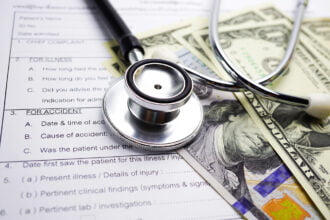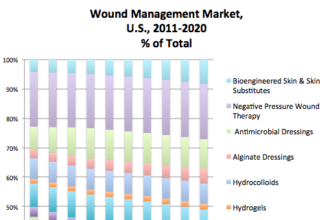This is a joint post with Jenny Ottenhoff.
This is a joint post with Jenny Ottenhoff.
The Global Health Initiative was launched by the Obama Administration in 2009 as a new way for the United States to do business in global health. Three years later – suffering from a lack of mandate – the GHI was dissolved and in its place a new new way to do business in global health was announced: the Office of Global Health Diplomacy, led by an Ambassador responsible for “champion[ing] the priorities and policies of the GHI in the diplomatic arena.” The announcement sparked frustration in the global health community, and I questioned if it may be short-sighted to put so much control of US global health leadership into the hands of the State Department.
Nonetheless, the selection of the Ambassador is at hand and – constraints aside – I now ask, what will their job description look like? Here are a few roles a global health ambassador could play that may prove a ‘value add’ to the US global health architecture:
- Rebuild trust in US-supported global health programs and push strategic goals in countries where traditional aid is no longer a useful tool for leverage. This is particularly the case in large, lower middle-income countries like India, Nigeria, China and Indonesia, where the most avertable health burden is now located. The US could benefit from diplomatic tools at national and sub-national levels to move the global health agenda forward.
- Identify and evaluate the most aid-dependent recipient embassies working in global health, and work hands-on with country ambassadors and host governments to solve the problems of multiple counterparts, budget streams and disjointed programming and reporting, as well as aid coordination. Results in these areas should also be included in the Ambassadors’ performance reviews.
- Analyze and use US agency data to track and disseminate progress and setbacks in the US-supported global health effort, using conceptually attributable measures of outputs and outcomes (no QDDR benchmarks of memo writing and document sharing!). The Ambassador should also be willing and empowered to call out agencies that don’t report in a timely and complete manner and that show consistent under-performance, with back up from the Secretary of State, Treasury and the National Security Council, and with deep relationships among the civil society constituents that can increase the reputational costs of non-cooperative behavior and bring issues to Congress when needed.
- Assure that the biosecurity aspects of the global health agenda are fully reflected in broader US efforts, such as drug resistance and emerging diseases and their surveillance (both items left out of the GHI).
- Promote the reform of the global health institutions, both with US policy makers and in close coordination with the historical lead agencies, pushing for genuine budget-backed priorities, as well as greater and more transparent measurement of activities and results. See past posts for more on priority setting at WHO, the Global Fund, and GAVI.
- Keep global health issues at the center of State’s mainstream agenda. In the current policy environment, tensions will likely arise between foreign policy and global health goals. Strong leadership at the diplomatic level could help negotiate these differences and keep anchor global health anchored in the broader US foreign policy mandate.
There, that should be a full time job. But is it one worth filling?
The new Ambassador will be entering the position with the deck stacked again them and will need to address many of the institutional constraints of the late GHI office, namely lack of formal budgetary, policy or legal leverage over the many US agencies working in global health. And with a vague mandate, the potential overlap between the new Ambassador and global health diplomacy functions already undertaken by other agencies is also a challenge. For instance, HHS sits on the board of the World Health Organization and the Pan American Health Organization, USAID sits on the board of the GAVI Alliance, the State Department/OGAC sits on the board of the Global Fund, and CDC coordinates with country ministries.
But as a recent brief from Josh Michaud and Jen Kates at Kaiser notes, the Ambassador for global health diplomacy also has the potential to raise the profile of global health and provide new avenues for addressing health challenges. And in an ever challenging political and fiscal environment, that may be exactly what US global health programs need. Perhaps with the right tools and attitude, there will be a niche market for a global health ambassador after all.

-330x220.jpg)





